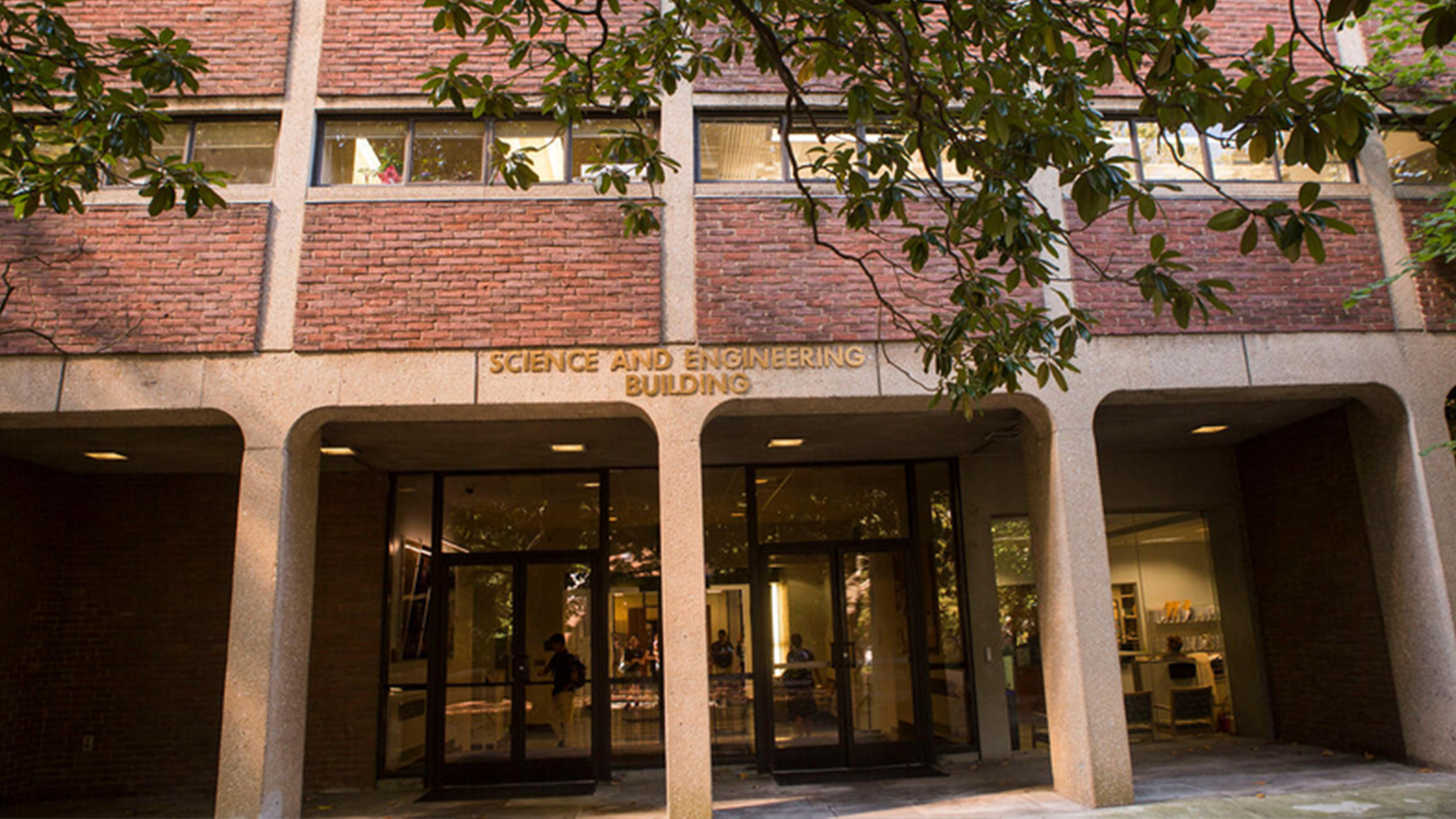Provost C. Cybele Raver announced the formation of the Provost’s Science Space Planning Committee, a faculty- and staff-led initiative established to ensure that Vanderbilt’s physical spaces properly serve the needs and goals of scientific research and discovery. The committee, which was charged by the provost on Friday, includes faculty and staff from the School of Engineering, the College of Arts and Science, the School of Medicine Basic Sciences and the School of Medicine.
The Provost’s Science Space Planning Committee will analyze the university’s science spaces and assess immediate and future needs. The interdisciplinary group’s work for the duration of the 2023–24 academic year will include a survey of constituent groups; listening sessions with faculty, staff, postdocs and students, and identification of best practices across university and research enterprises. The goal is to gather and analyze data that will inform next steps toward making sure Vanderbilt’s physical science spaces serve its ambitious objectives across all programs.
“We are deeply committed to providing best-in-class facilities to our exceptional students, faculty and staff,” Raver said. “Our built environment inspires and shapes the ways that we dare to grow by supporting our mission of excellence in scientific research and discovery.”
The committee’s work is the latest in a broader university facilities effort. Several projects reflect a range of approaches to making best use of Vanderbilt’s existing spaces: the renovation of Garland Hall, the renovation of Buttrick Hall, the expansion of Owen Graduate School of Management’s Management Hall and the nearly 92,000 square feet of renovations and additions in Peabody College of education and human development.
The provost’s science space planning initiative is supported by the Division of Administration, whose FutureVU initiative is working to establish and implement a framework for Vanderbilt’s future.
Krish Roy, the new Bruce and Bridgitt Evans Dean of Engineering, hailed Raver’s initiative, calling the space review “essential to supporting new path-forging research in science and engineering.
“Transformative research to address the societal grand challenges of this century requires the most innovative minds collaborating seamlessly across disciplines, enabled by state-of-the-art resources,” he added. “I look forward to working alongside Dean Kuriyan and Dean McNamara as we pursue radically collaborative interdisciplinary approaches to maximizing our societal and scientific impact.”
The Provost’s Science Space Planning Committee will work alongside a nationally recognized consulting firm that focuses on campus strategy and analytics that will oversee the creation and implementation of the space survey.
Raver instructed the committee to explore all options, including optimizing existing spaces, new construction, community partnerships and building upon successful off-campus STEM labs like the Warren Center for Neuroscience Drug Discovery in Williamson County’s Cool Springs neighborhood and the Laboratory for Systems Integrity and Reliability in Nashville’s Metro Center. LASIR is co-directed by Douglas Adams, vice dean of the School of Engineering and chair of the science space committee. The committee is also charged with anticipating future needs and growth and providing recommendations to the provost.
Members of the Provost’s Science Space Planning Committee are:
- Douglas Adams, chair, Daniel F. Flowers Chair, Distinguished Professor of Civil and Environmental Engineering and vice dean, School of Engineering
- Julie Covington, director of Campus Planning and Construction
- Lauren Jackson, associate professor of biological sciences and Chancellor Faculty Fellow
- Ethan Lippmann, associate professor of chemical and biomolecular engineering and Chancellor Faculty Fellow
- John McLean, Stevenson Professor in Chemistry and dean of graduate education and research, College of Arts & Science
- Jeffrey Neul, Annette Schaffer Eskind Chair in the Vanderbilt Kennedy Center and a director in the Vanderbilt Kennedy Center
- Andrea Page-McCaw, professor of cell and developmental biology
- Claudia Paz, chief business officer and associate dean for finance and administration, Basic Sciences
- Charles Sanders, Aileen M. Lange & Annie Mary Lyle Chair in Cardiovascular Research and vice dean, School of Medicine Basic Sciences
- Sharon Weiss, Cornelius Vanderbilt Professor of Electrical Engineering and director of VINSE
- Tracey E. George, vice provost for faculty affairs and professional education and Charles B. Cox III & Lucy D. Cox Family Chair in Law and Liberty, ex officio
- Megan Sargent, director of space planning, Office of the Provost, ex officio
Please direct any questions about the Provost’s Science Space Planning Committee and its work to George or a member of the committee in your academic area.
